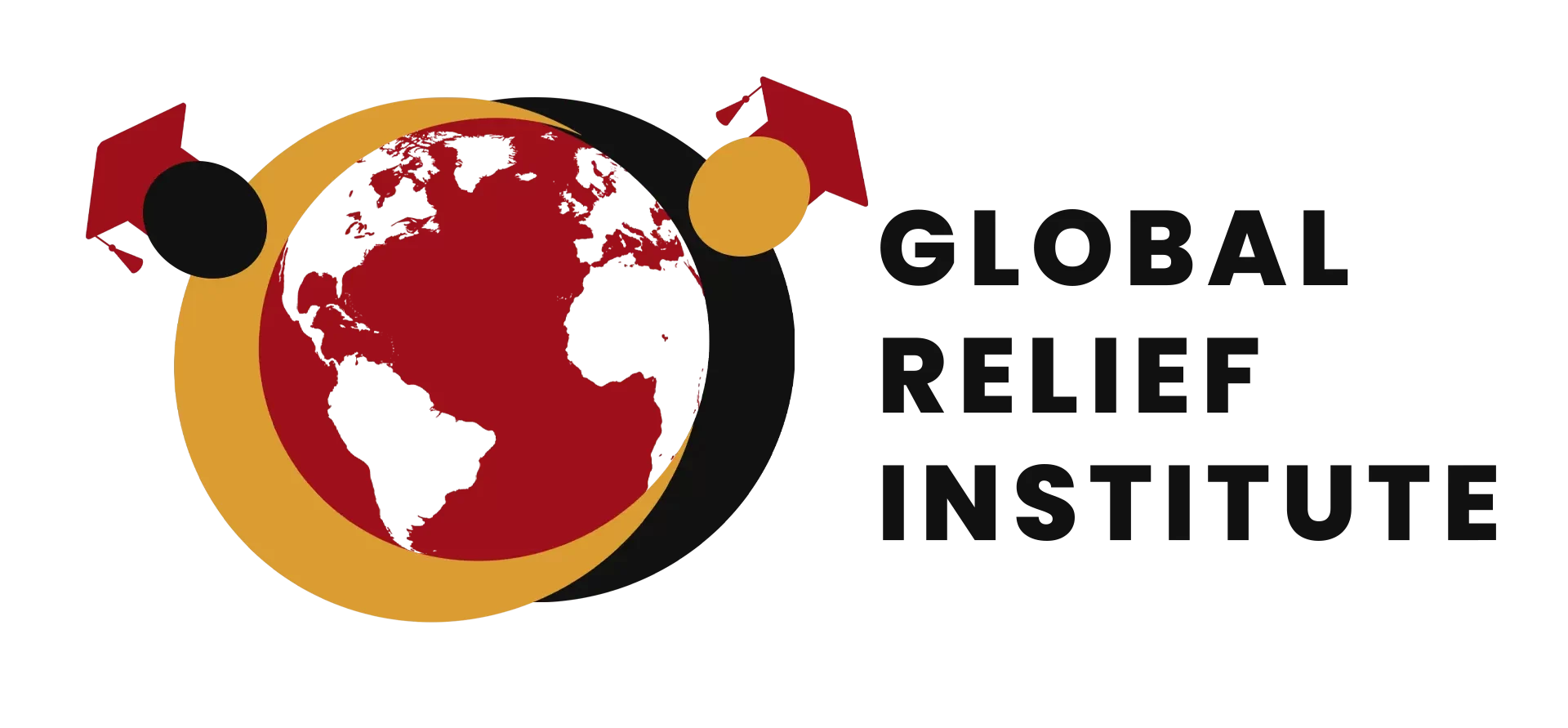Course Overview
It is estimated that over 1.2 billion people globally lack access to safe clean drinking water and a further 2.6 billion people lack access to adequate and comfortable sanitation. WHO (2005), estimates that 1.6 million die yearly from diarrhea and cholera which have been attributed to inaccessibility to clean drinking water as well as basic sanitation services. 90% of the figure is from children who are below five years and the trend is rampant in developing countries.
Water, Sanitation and Hygiene (WASH) are some of the basic needs for human health to lead a normal life. WASH is a practical way of leading people from poverty since ever person will be productive and money used to treat the diseases associated with dwindling levels of sanitation and clean water can be used in developing the economy.
The course is valuable and very relevant to those in need of more technical input for their work as well as those in management of organization which offer water and sanitation services and they are short of basic technical and theoretical background.
Course Objectives:
By the end of this course, a student assessed as competent against this qualification will be able to:
• Understand public health and appreciate the current and future disease burden in developing countries
• Correlate WASH and Environmental Health with Public Health (including nutrition) in the context of community development
• Understand the practicalities around community water supply, waste management (including drainage), and related environmental health issues for effective community hygiene promotion
• Examine indicators of performance in WASH and wider environmental health
Module 1
a) Introduction to Water. Sanitation and Hygiene (WASH)
b) Global disease Burden
c) Assessing Public health Patterns in Emergencies
d) Effective WASH interventions
Module 2
a) Hygiene Promotions
b) Water Supply standards and Water Quality
c) Water and Sanitation initials needs Assessments
d) Health Promotions and Community Participation
Module 3
a) Water and sustainable Development
b) Community participation and Management
c) Cost and cost effectiveness of WASH
d) Water Technologies
e) Maintenance of Water Supply Systems
Module 4
a) Disease and Disease transmissions
b) Diseases in Population
c) Water and Environmental Sanitation Programmes
d) Sanitations
e) Municipal solid Waste Management
Who should enroll?
This diploma is suitable for persons working in or planning to enter the humanitarian sector, including staff of humanitarian aid organizations, governments public health workers, and UN agencies. There are no prerequisites for this course. All participants are expected to have theoretical knowledge of humanitarianism, although humanitarian aid experience is not presumed
Training Format:
• All materials are made available through our Online Learning Platform
• Students should commit approximately 5-6 hours of their time per week
Materials Provided:
Online delivery of curriculum materials, exercises and templates.
Assignments:
In order to demonstrate their understanding of the course content, students will be required to submit assignments at the end of every month.
Duration of course – 6 months
REGIONS TARGETED: Global
COURSE FEE: EUROS 1000
ORGANIZERSGlobal Relief Institute
LANGUAGE: English only
Kindly confirm your participation with:
Online Training Coordinator
Global Relief Institute
